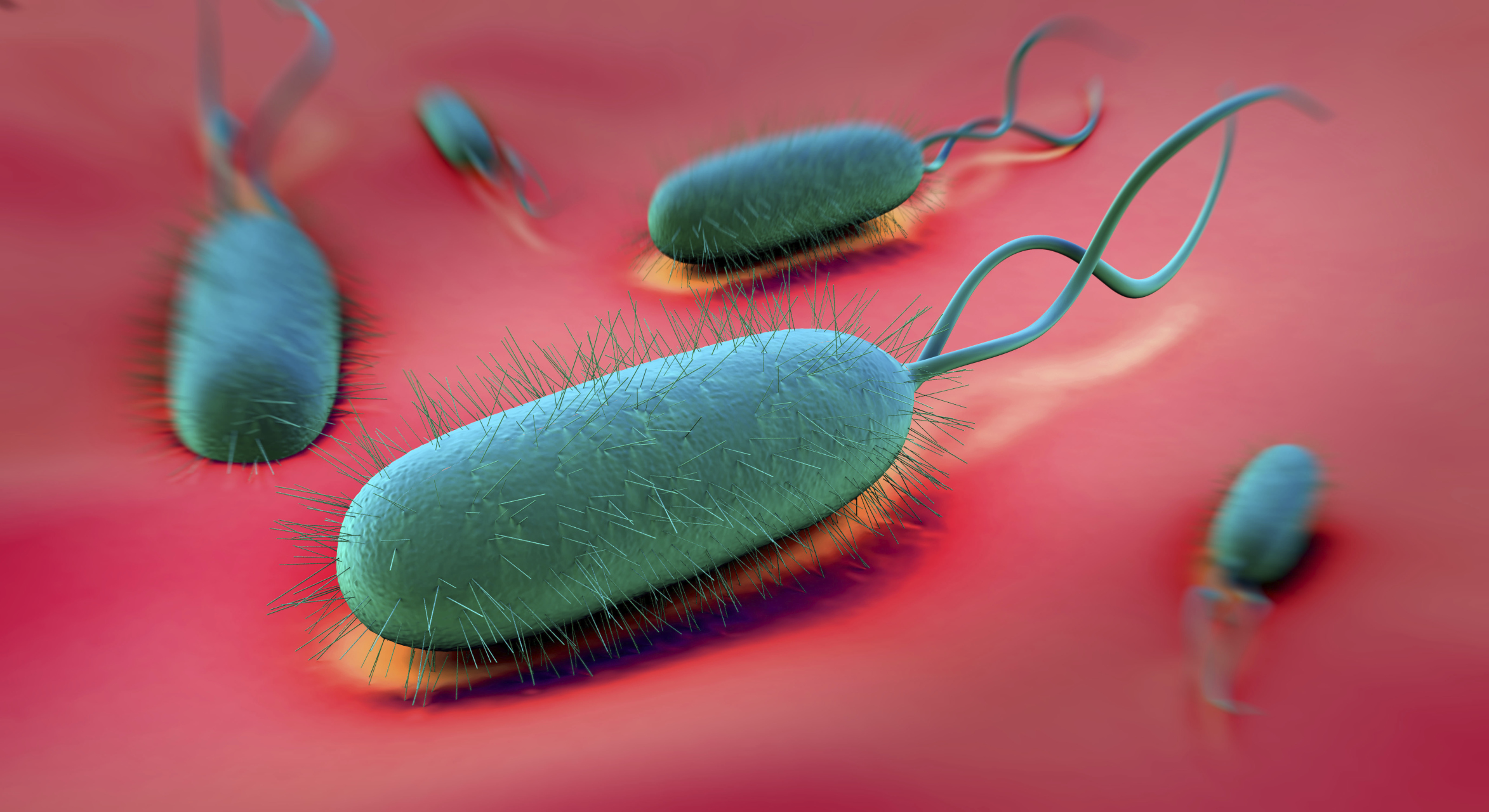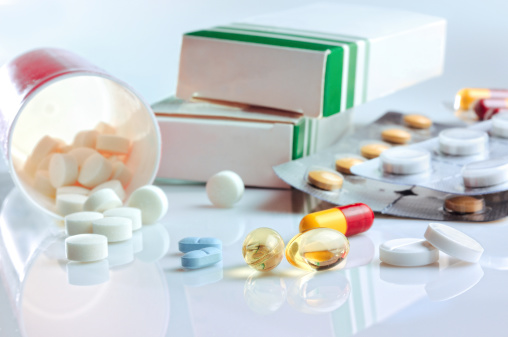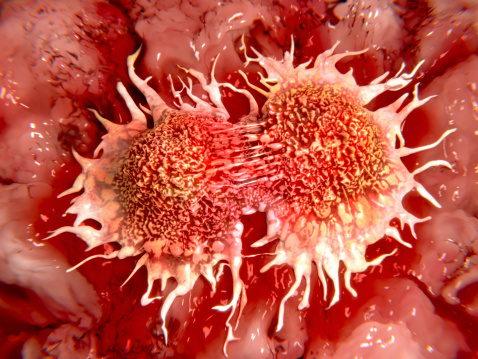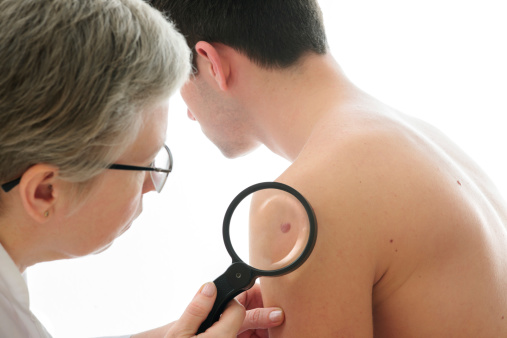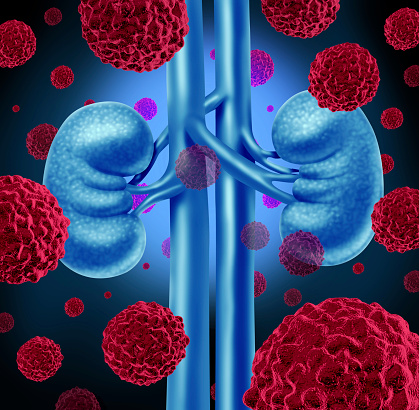Cost of cancer leads to poor survival outcomes
The financial burden and rising costs of cancer treatment put many patients in debt or filing for bankruptcy, and this added financial stress is shortening their lives, according to latest research. The researchers found that colon, breast and thyroid patients who went into debt had an 80 percent higher risk of early death, compared to ...click here to read more


